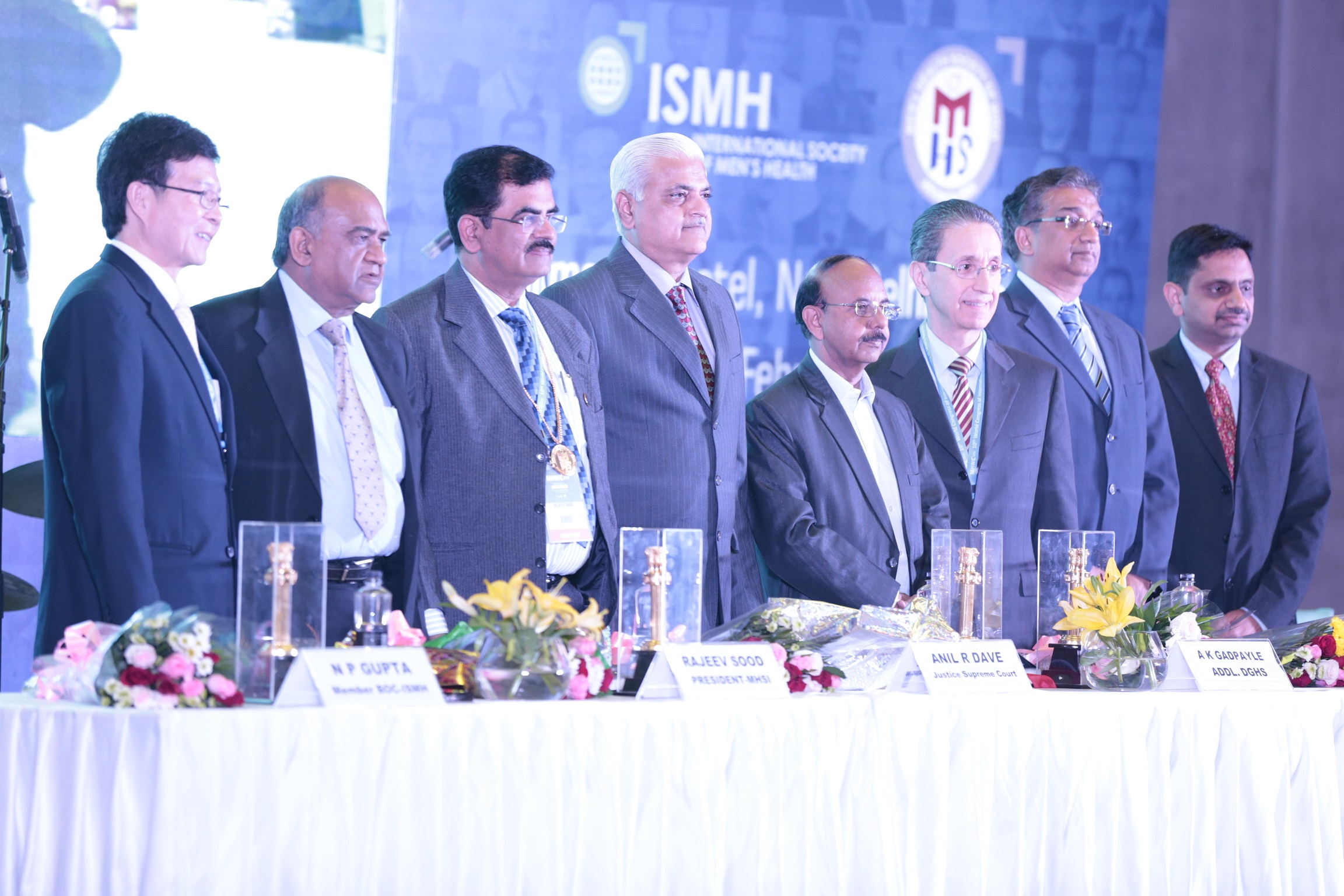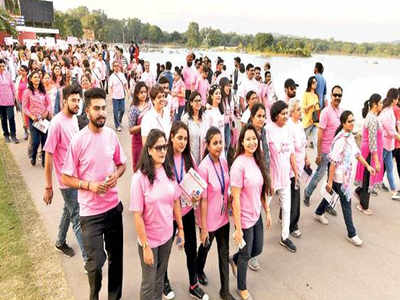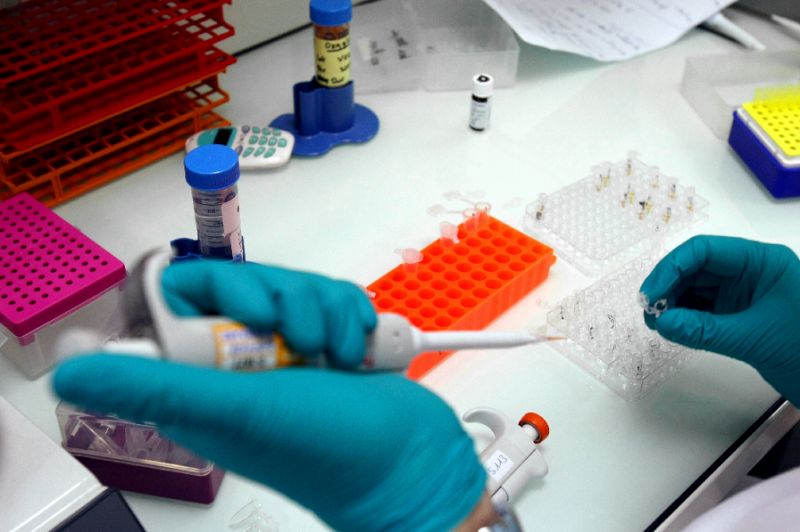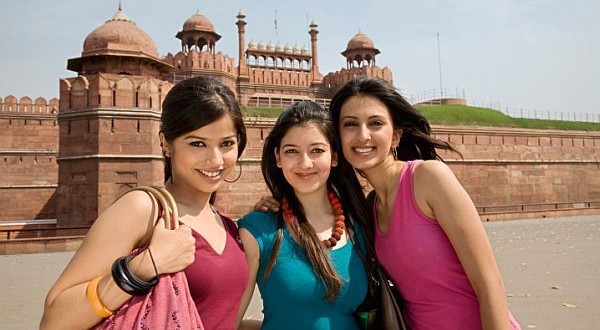New Delhi|Ekta Purohit
The live span of men in India has reduced up to 5 years in comparison to women due to a slew of reasons including environmental problems, hardship in the professional life and also the unsafe sex they practice usually, a study has revealed.
The survey conducted by a society on Men’s Health has also said that the gap in the life span of men and women are likely to increase over the years.
“In the older era Men’s Health was considered only from the Sexual Perspective. Man was Considered and Portrayed as a stronger sex and there was a lack of awareness about other aspects of health. In the modern society there has been a paradigm shift in the way male health has been projected based on data and evidence,” reads the study by the society, which is led by a senior urologist Rajeev Sood of city based hospital Ram Manohar Lohia(RML).
He said : “It is evident that average lifespan of men is 5 years less than women and is attributable in large part to a number of known and unknown factors apart from increased genetic susceptibility, it is describe by chromosomal difference in them.”
“ Females having X and X pair of chromosomes whereas males having combination of different chromosomes i.e X and Y. The ‘X’ chromosomes are having about 3,000 genes and ‘Y’ chromosome having only 50 genes. This absence of an extra X choromosome places men at a disadvantage.This is the major genetically difference between males and females and this proves males are genetically weak then women”
Sood said apart from genetic cause certain Environmental causes are also there like ADHAD(Alternative Deficit Hyper Activity Disorder), intake of alcohol and drugs.
“Stress of ‘being the provider’ for the family, Increased risk of hypertension, coronary artery disease, depression, associated risk factors and high risk behavior, professional hazards and certain gender specific diseases and cancers s add to the reason behind shorter life span of males “ said Raman, another Urologist at RML.
As per 2011 census the sex ratio is 940 females per 1000 and male’s life expectancy is 65.77 years and for females is 67.95 years.
The study also ours light on the various Government programs which has actually failed to focus on the problems of men but has paid heed only to women and children.
“There is no national health program dedicated to Men’s Health,” said the report.










